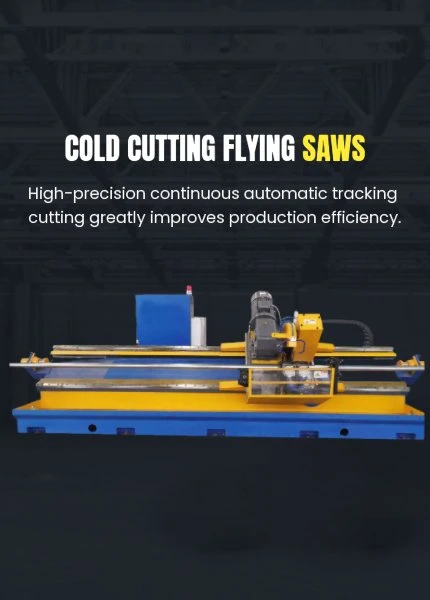Affordable Mould Making Machines for Your Business Needs and Budget Considerations
The Cost of Mould Making Machines A Comprehensive Overview
Mould making machines play a pivotal role in various manufacturing processes, such as plastics, metals, and other materials. These machines are essential for producing high-quality moulds, which are crucial for creating parts and products with precision. As industries continue to evolve with advances in technology, understanding the pricing of mould making machines becomes fundamental for businesses looking to invest in manufacturing equipment. This article explores the factors influencing the price of mould making machines, the types available on the market, and some tips for making an informed purchasing decision.
Factors Influencing Pricing
1. Type of Machine Mould making machines come in various types, each designed for specific applications. For instance, CNC milling machines, EDM (Electrical Discharge Machining) machines, and injection moulding machines cater to different manufacturing needs. Generally, CNC milling machines might range from $50,000 to over $200,000, while an injection moulding machine can cost between $10,000 and $250,000 depending on its size and capability.
2. Technology and Features The advanced technology integrated into mould making machines significantly impacts their price. Machines with automated processes, superior precision, and additional features like multi-axis capabilities tend to be more expensive. Technologies such as 3D printing and hybrid machining processes are also driving up costs but may provide long-term savings through improved efficiency.
3. Brand Reputation Established brands with a proven track record in quality and reliability often command higher prices due to their reputation and warranty support. They may also offer better after-sales service, which can be a crucial consideration in the long-term use of the machine.
4. Material Compatibility The type of materials that a mould making machine can work with affects its price. Machines capable of handling diverse materials or specialized materials may have a higher price point. For example, mould makers that work with high-temperature resistant materials often cost more due to the added wear-and-tear resistance features.
5. Customization and Specifications Custom-built mould making machines tailored to specific projects or manufacturer's requirements can turn out to be more expensive than off-the-shelf options. Customization can include specific size dimensions, production speed, and additional features that fit niche production needs.
Types of Mould Making Machines
mould making machine price

The market offers a variety of mould making machines which include
- CNC Machining Centers These are versatile machines suitable for creating intricate designs in a variety of materials. - EDM Machines Best known for their precision in creating complex geometries, EDM machines are crucial for industries requiring high accuracy. - Injection Moulding Machines Widely used in the plastics industry, these machines inject molten material into moulds to form products.
- 3D Printers Increasingly used for making prototypes and even end-use products, 3D printers offer rapid development and flexibility, albeit at varying costs based on their technology and capabilities
.Making an Informed Purchase
When considering investing in a mould making machine, it is essential to
- Conduct a Needs Assessment Identify the specific requirements of your production process and choose a machine that aligns with those needs. - Research and Compare Brands Evaluate various manufacturers, read reviews, and compare pricing and features of different models. - Consider Total Cost of Ownership Look beyond the upfront price and consider maintenance costs, energy consumption, and any additional operational expenses.
- Seek Expert Consultation Consulting with industry experts or suppliers can provide insights that may help in making the right choice based on budgetary constraints and production demands.
Conclusion
Investing in mould making machines is a critical decision for manufacturing businesses. The price of these machines can vary significantly based on multiple factors including type, technology, brand, and specific functionalities. Understanding these elements can help businesses make informed purchasing decisions, ensuring they select the right equipment that aligns with their production capabilities and budget. As technology continues to advance, the landscape of mould making will also evolve, presenting new opportunities and challenges for manufacturers worldwide.
-
High Frequency Straight Seam Welded Pipe Production Line-BzZhou Xinghua Machinery Equipment Manufacturing Co., LTD.|Precision Welding, High EfficiencyNewsJul.30,2025
-
High Frequency Straight Seam Welded Pipe Production Line|BzZhou Xinghua|Precision Welding&EfficiencyNewsJul.30,2025
-
High Frequency Straight Seam Welded Pipe Production Line - BzZhou Xinghua|Precision Engineering&EfficiencyNewsJul.30,2025
-
High-Frequency Straight Seam Welded Pipe Production Line-BzZhou Xinghua Machinery Equipment Manufacturing Co., LTD.NewsJul.30,2025
-
High-Frequency Straight Seam Welded Pipe Production Line-BzZhou Xinghua Machinery Equipment Manufacturing Co., LTD.|Precision Manufacturing, High EfficiencyNewsJul.30,2025
-
High Frequency Straight Seam Welded Pipe Production Line-BzZhou Xinghua Machinery Equipment Manufacturing Co., LTD.|Precision Steel Pipe Manufacturing&Industrial EfficiencyNewsJul.29,2025


